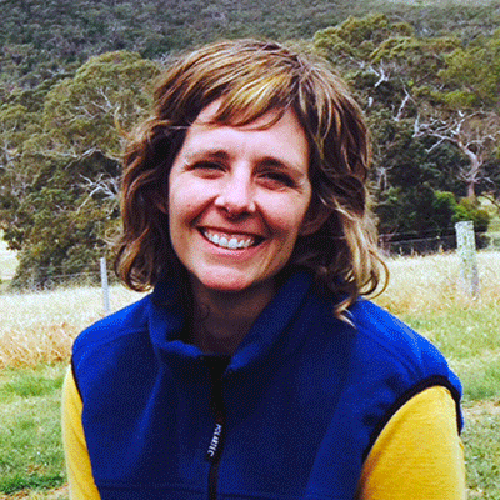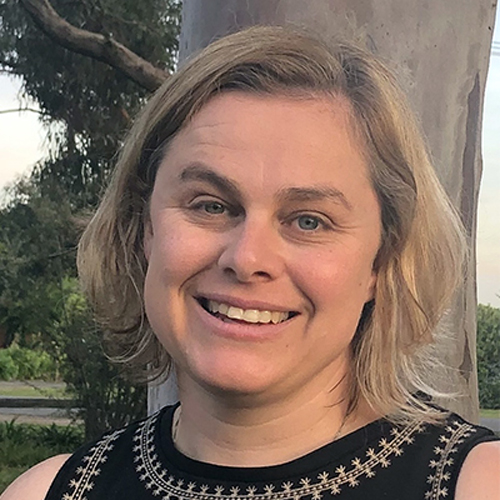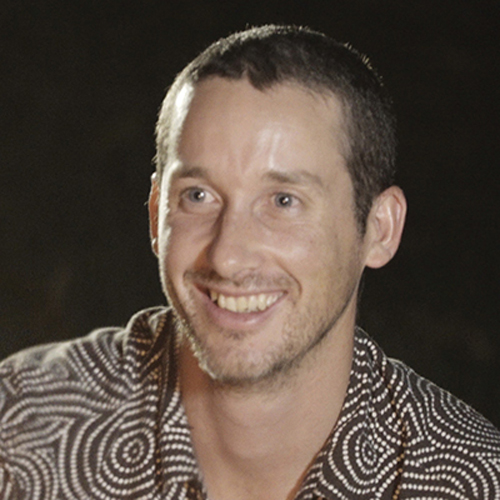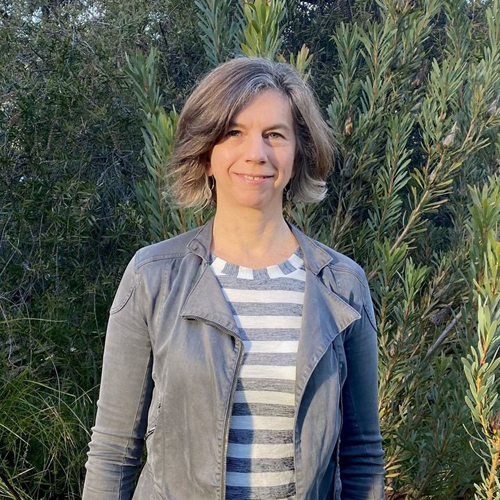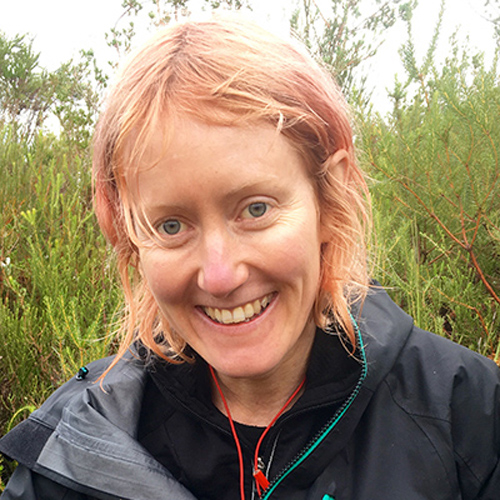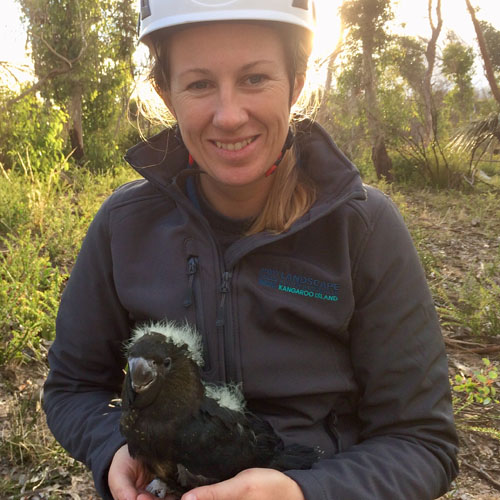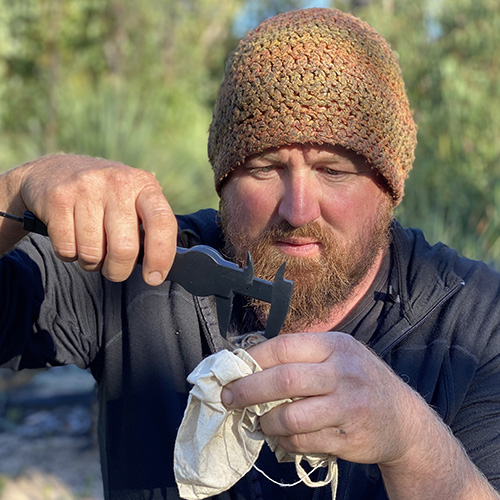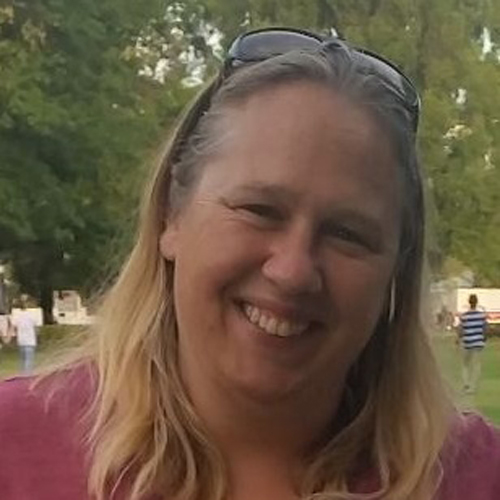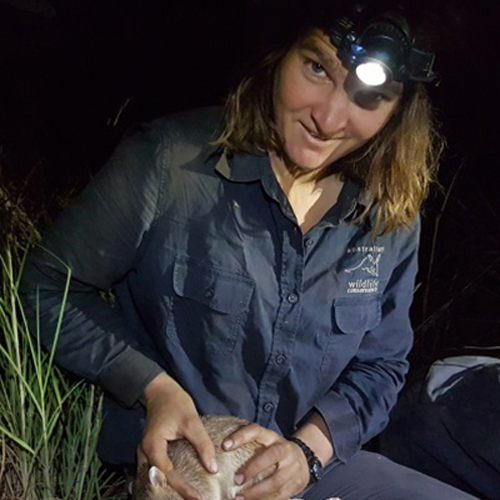Protecting biodiversity and heritage from wildfire: lessons from 2019-20
Webinar: Coordinating to protect culture & biodiversity in the heat of wildfires
9th of November 4-6pm
The 2019-2020 fires were catastrophic for biodiversity and communities, they burnt more than 12 million hectares and left more than 1 billion animals dead. This extreme event tested the capacity of people and systems across several states to conserve threatened species and ecological communities, and highlighted the urgency for resourcing Indigenous burning practices.
It’s clear we need roadmaps to direct conservation decision making during future fire events and to enhance Indigenous aspirations for fire management.
This webinar brings together perspectives from biodiversity experts, managers and policy makers to discuss what we can learn from these events, and what systems or responses are needed to better protect biodiversity and empower Indigenous leadership in the heat of bushfire events.
Speakers and facilitators
|
|
Speaker: Libby Rumpff (University of Melbourne) is a Senior Research Fellow in the School of Ecosystem and Forest Sciences. Libby has worked to better integrate ecological values into bushfire management planning, leading projects for the Bushfire and Natural Hazards CRC and the NESP Threatened Species Recovery Hub. She was a member of the Australian Government’s Wildlife and Threatened Species Bushfire Recovery Expert Panel formed in response to the 2019-20 fires. | |
|
|
Speaker: Kelly de Bie (University of Melbourne) is a Research Fellow in the School of Ecosystem and Forest Sciences with expertise in the social aspect of conservation and decision science. She applies and advocates for evidence-based solutions to address conservation challenges, with a focus on protected areas and natural resource management. | |
|
|
Speaker: Oliver Costello (Threatened Species Recovery Hub Indigenous Reference Group) is a proud Bundjalung man from Northern NSW with a broad range of experience from community, private and public sectors in Indigenous Cultural fire practice, Aboriginal Joint Management partnerships, Indigenous Natural Cultural Resource management and Indigenous governance. He is passionate about caring for Country, Indigenous leadership, empowerment, partnerships and recognition of cultural knowledge and practice through community led mentorship on Country. | |
|
|
Speaker: Fiona Fraser (acting Threatened Species Commissioner) champions threatened species issues and oversees the implementation of the new Threatened Species Strategy. She has worked for the Australian Government for over a decade playing lead roles in Indigenous caring for country and natural resource management initiatives, international environment policy and most recently co-led the bushfire wildlife recovery response. Before joining the public service she worked with Aboriginal organisations in northern Australia on community-lead caring for country programs and joint management of protected areas. |
|
|
|
Facilitator:Rachel Morgain (Knowledge Broker, NESP Threatened Species Recovery Hub and NRM Regions Australia)is a knowledge translation specialist and environmental researcher with extensive experience working at the interface of research and policy. As the Threatened Species Recovery Hub knowledge broker and as bushfire recovery knowledge broker with NRM Regions Australia, she builds partnerships for research and knowledge-sharing that make a difference. She writes on social and cultural perspectives on environmental values and the role of science in policy and society. |
Webinar: Saving wildlife after bushfires: what is the evidence for effective action?
The 2019-20 wildfires shocked Australia, devastating bushland and leaving more than a billion animals dead. In response, people around the country mobilised to protect what remained.
The response involved an enormous collective effort of government and non-government agencies, natural resource managers, wildlife rescuers and many concerned volunteers. But one of the key messages from this work is that we still need to know more about what kinds of actions are needed to protect and recover wildlife - and how to avoid the kinds of actions before, during and after fires that place species at higher risk.
Join our webinar, as researchers, decision-makers land managers and community organisations discuss what they’ve learnt about protecting wildlife from the devastating effects of catastrophic fire.
Speakers and panelists
|
|
Speaker: Natasha Robinson (DPIE and Australian National University) is Principal Scientist Conservation with NSW DPIE. She leads the development of the science and research to support the DPIE Saving our Species program. Natasha is also a Research Affiliate at the Australian National University, where she continues to collaborate on threatened species research. | |
|
|
Speaker: Paul Jennings (Kangaroo Island Landscape Board) | |
|
|
Speaker: Karleah Berris (Kangaroo Island Landscape Board) | |
|
|
Speaker: Pat Hodgens (Kangaroo Island Land for Wildlife) | |
|
|
Speaker: Renee Brawata (ACT Government) is the Senior Ecologist for Threatened Fauna within the Conservation Research unit of EPSDD. She has over 25 years’ experience as an ecologist working with a variety of species and ecosystems across Australia. She is a current member of the IUCN Conservation Planning Specialist Group and an Adjunct Associate Professor at the University of Canberra. |
|
|
|
Panellist: Rosemary Hohnen (NRM South and Charles Darwin University) is an adjunct research fellow at Charles Darwin University, who currently runs a cat management project on Bruny Island Tasmania with NRM South. Her research examines the role of feral cats in driving threatened species decline on Australian offshore islands, with a particular focus on response of cats to the extensive wildfires on Kangaroo Island in 2019-2020. | |
|
|
Facilitator: Rachel Morgain (Knowledge Broker, NESP Threatened Species Recovery Hub and NRM Regions Australia) is a knowledge translation specialist and environmental researcher with extensive experience working at the interface of research and policy. As the Threatened Species Recovery Hub knowledge broker and as bushfire recovery knowledge broker with NRM Regions Australia, she builds partnerships for research and knowledge-sharing that make a difference. She writes on social and cultural perspectives on environmental values and the role of science in policy and society. |
This webinar is jointly supported by the NESP Threatened Species Recovery Hub, the Australian Government Department of Agriculture, Water and the Environment and NRM Regions Australia.


